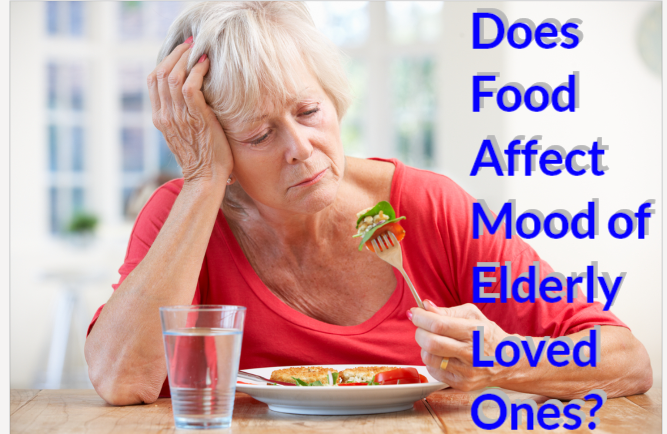Contents
Does Food Effect Mood? What is the Effect of Food on Mood?
Eating is not just about survival or a need for calories, as we eat to socialize and celebrate as well. But does food affect the mood of our elderly loved ones? What exactly is the effect of food on mood? How can we help our elderly loved ones manage the food and mood connection?
Our mind plays an important role to determine our food choices. A steak dinner is perfect for celebrating a promotion. Similarly, we enjoy ice cream to heal our feelings. Read to learn more about the effects of food on mood.
A healthy diet promotes overall health, well-being, and the way you feel. Studies indicate that not only does the food you eat affect your mood, but your mood may also influence the food you choose. Similarly, an unhealthy diet can cause mood swings. Without getting essential nutrients and proteins, our bodies and mind don’t function well.
Especially for seniors, a healthy eating pattern can make them feel better for various reasons. Some foods contain nutrients that help to make their brain catch positive feelings. As seniors are more susceptible to depression and mood swings, it is essential to include the right food to help them stay healthy and happy.
Mood and general well-being aside, the role of healthy foods and nutrients is complex and more research is required. However, studies have found that foods we choose contribute significantly to prevention, development, and other mental health management conditions.
While we have so much to learn about the effects of food on mood, evidence indicates that healthy foods can provide a protective effect. Here are some benefits of eating healthy foods as you age:
Benefits of Healthy Diet as You Age
Regardless of age, a healthy eating pattern is essential. However, it becomes even more necessary with advancing age. Besides keeping your body healthy, the consumption of healthy foods is also vital to stay emotionally balanced.
A healthy eating plan doesn’t mean diet or sacrifice, but it should be consumed with fresh, healthy, and wholesome ingredients. Regardless of your age or eating habits, it isn’t too late to change your eating to improve your thinking and feeling.
Here are the benefits of preparing a healthy eating plan for your loved ones:
Sharpen Your Mind
You can prepare a diet for your loved ones, including fruits, veggies, nuts, and fish. They include omega-3 fatty acids that help decrease the risk of developing Alzheimer’s disease and improve focus. Moreover, green tea is antioxidant-rich and may also enhance memory and mental alertness.
Live Longer and Healthier
Consuming healthy foods and nutrients boost immunity, increase resistance to illness, reduce heart disease risk and high blood pressure, and keep weight in check. In addition to physical activity, a healthy diet plan can also enhance the independence of your loved ones as they age.
Positive Feeling
Preparing wholesome meals for your loved ones provides them energy and improves their outlook. It helps to boost self-esteem and mood. If your body feels better, you will be happier inside and out.
How to Prepare a Diet for Your Loved Ones?
Since the effects of food on mood are significant, it is essential to eat healthily. When preparing a food diet for your loved ones, you should focus on the whole and minimally processed foods that their body needs as they age. It means the best way to keep your loved ones happy and healthy is to provide them with food as naturally as possible.
Moreover, depending on health factors and genetics, our bodies react differently to different foods. So, it may take experimentation and time to find a diet that works best for your loved ones. If you want to keep your elderly dear one’s healthy, happy, and independent as long as possible, below are some guidelines that may help:
Fruit and Vegetables
Break the banana rut and apple, incorporate color-rich pickings like melons or berries, and serve two or three times a day. If your loved ones like veggies, pick leafy greens, antioxidant-rich like spinach, kale, or broccoli along with carrots or squash. If you want to make veggies more delicious, sprinkle goat cheese, drizzle them with olive oil, or fry with chili flakes.
Milk, Yogurt, and Cheese to Strengthen the Bones
Bone health is a severe concern in the elderly, and maintaining bones health depends on calcium intake. Adequate calcium in the body is essential to prevent bones fracture and osteoporosis. Some good sources to get the calcium to include preparing a diet for your ageing loved ones include almonds, broccoli, yogurt, milk, etc.
Protein-Rich Sources
With advancing age, eating food with high-quality protein may help to improve your mood, increase resistance to stress, depression, and anxiety, and clear your thinking. However, you should avoid including processed meat items in your diet as it contains too much protein. Instead, include other protein sources, such as fish, eggs, peas, seeds, and nuts, to prepare a healthy diet plan for your aging loved ones.
Include More Fiber
Dietary fiber may help more than keeping you regular. It is a great source that reduces heart disease, diabetes, and stroke and improves skin health. One of the common health issues in the elderly is a less efficient digestion system. So, incorporating enough fiber intake into your diet is essential. If you or your dear one is over 50, make sure to eat at least 21 grams of fiber.
Vitamins and Minerals to Include in Your Loved One’s Diet
Water
Older adults are more susceptible to dehydration as their sense of thirst becomes less efficient. So, it’s necessary to make sure that you or your elderly loves ones drink enough water to avoid constipation, urinary tract infections, and confusion.
Vitamin B
Because of the advancing age, our stomach starts producing less gastric acid, making it hard to absorb vitamins essential for keeping blood and nerves healthy. Make sure that your loved ones take enough B12 from vitamin supplements or fortified food.
Foods to Include in Diet for a Good Mood
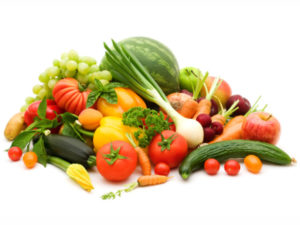
Whole, unprocessed fresh foods
Here are some healthy and mood-boosting foods that you should include in your or your elderly loved one’s diet:
1. Fish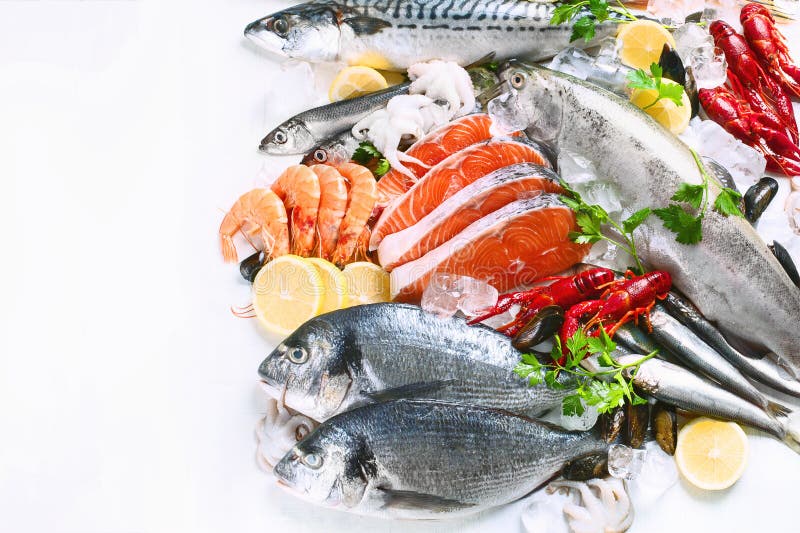
Many doctors recommend our elderly eat fish instead of red meats. They cite it as a good source to get omega-3 fatty acids, which help keep the heart healthy. Moreover, fish oil is also a great source to increase dopamine levels to boost overall mood. In fact, fish include fatigue-fighting irons that may help prevent anemia (a common health issue in the elderly).
If you do consume fish, most nutritionists recommend wild-caught for the added health benefits. Some fish, including much of the farm-raised types, contain extra contaminants which might negatively affect health. Even better, choose a vegetarian diet that provides ample omega 3 and other nutrients.
2. Beans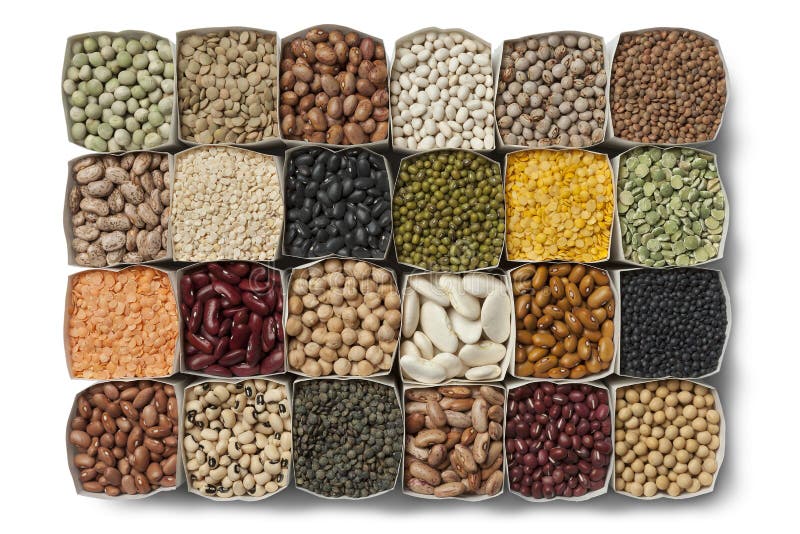
Beans are a low-fat, protein-rich source. Including beans when preparing a diet for seniors can make them happy and prevent depression as they contain B vitamin folate.
3. Citrus Fruits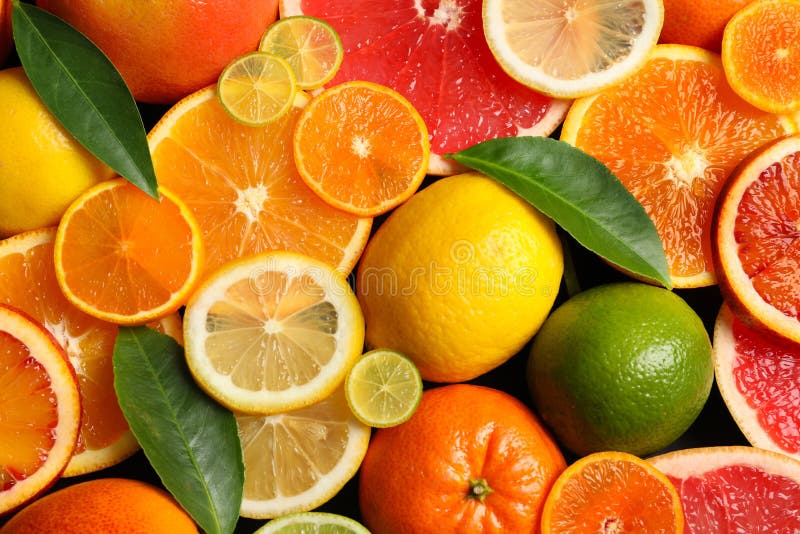
You should include all the fruits when preparing a diet plan for your loved ones. However, citrus fruits that contain vitamin C are essential as they are both antioxidants and boost the immune system. Moreover, they may also help to prevent muscle and mental fatigue.
4. Green Tea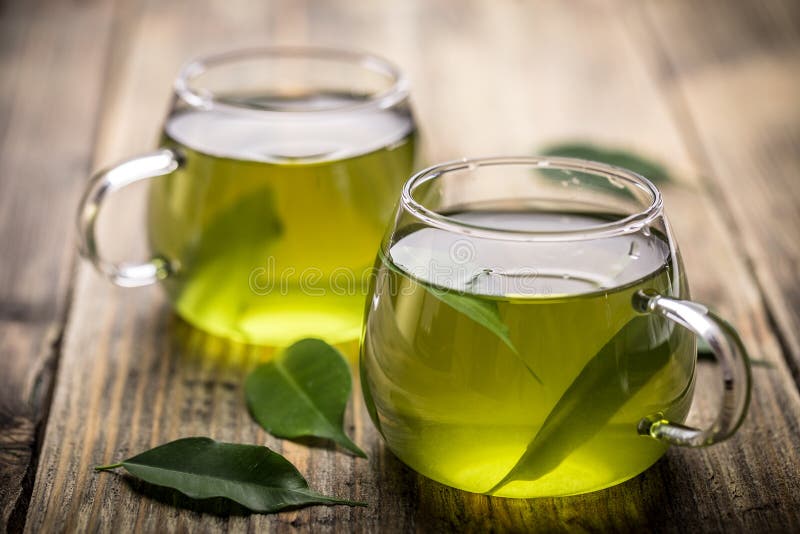
Instead of drinking caffeinated drinks, such as coffee or tea that are harmful, drink green tea as an alternative. It is antioxidant-rich, and adding a touch of honey for a sweet makes your loved ones feel happy any time of day.
5. Dark Chocolate
Eating dark chocolate may increase the feelings of pleasure in your loved one. It can also stimulate endorphins production to elevate their mood. Moreover, dark chocolate is also a good source of serotonin that helps to decrease phenylethylamine chemical in the brain that produces euphoric feelings.
6. Yoghurt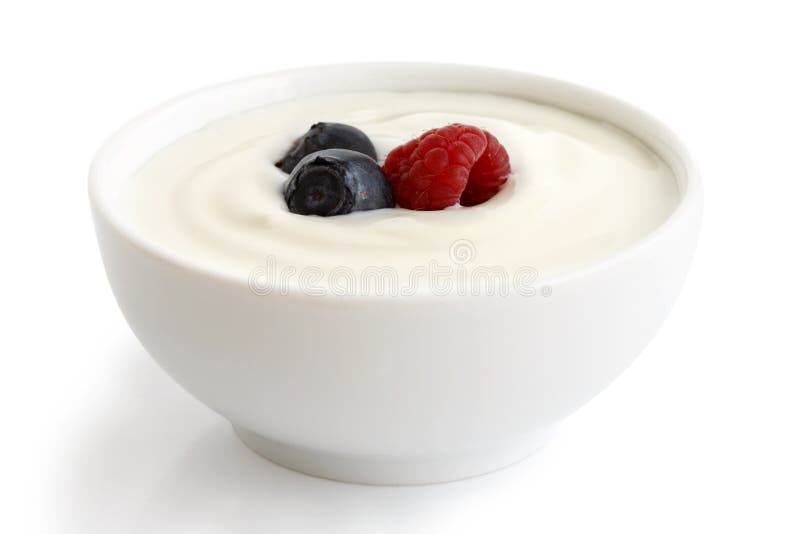
Because of the presence of probiotic organisms, yoghurt is excellent for older adults. Recent research suggests that yoghurt have lactobacillus and other bacteria that positively affect the brain and mood. Moreover, bacteria in yoghurt also improve the digestion system, positively impacting your loved one’s mood and feelings.
7. Spinach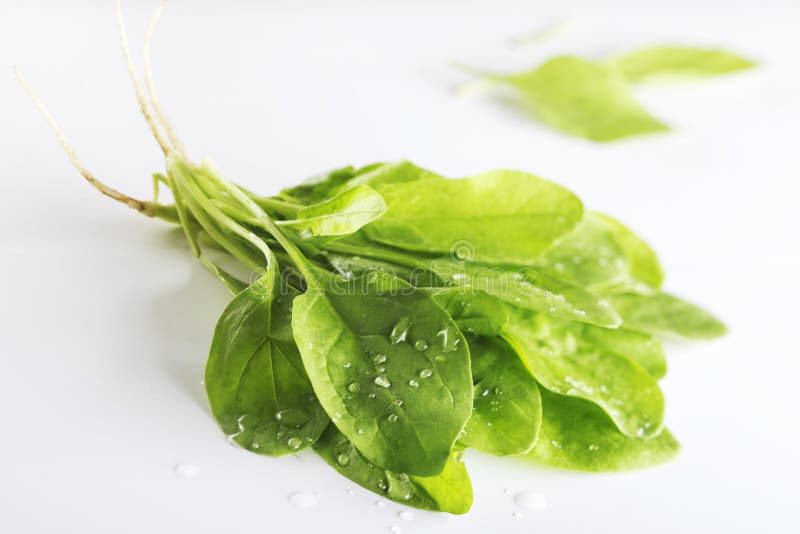
Spinach includes nutrients that are essential for mood enhancement. It is an excellent source of zinc, folic acid, and magnesium. All of these nutrients help protect the brain against depression and anxiety. You can increase spinach in your loved one’s diet through a green smoothie. Adding a tablespoon of cocoa and banana to the smoothie will make a healthy drink that you can serve to your elderly loved ones to refresh their mood.
8. Blueberries and other berries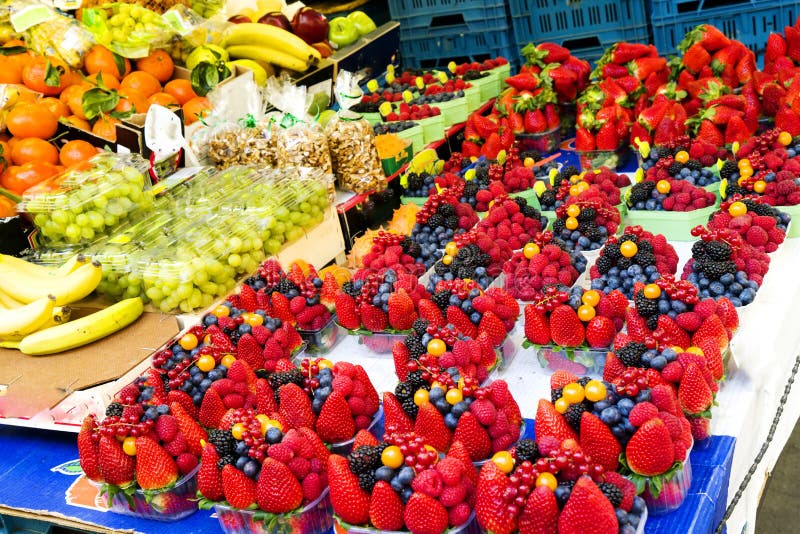
Besides providing other various health benefits, blueberries include nutrients that are helpful for your brain and mood. Blueberries and other dark-colored berries contain anthocyanins and have antioxidant and anti-inflammatory effects. Because of the antioxidants effects, blueberries provide cover against stress and inflammation that contribute to neurodegenerative problems. Moreover, some antioxidants in blueberries enhance communication with brain cells and boost your mood.
9. Nuts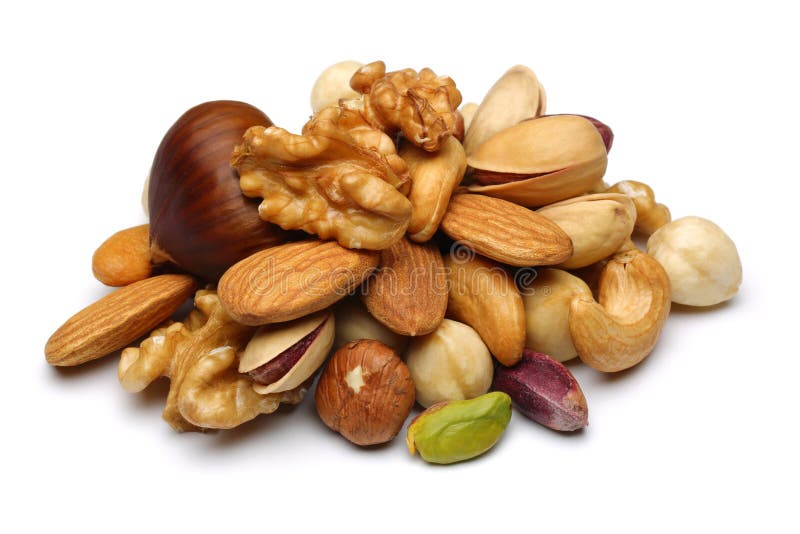
Eating nuts helps improve heart health, and if you have a healthy heart, your brain will work efficiently to boost your mood. Nuts may also help to improve cognition and prevent neurodegenerative issues. Nutrients in nuts, such as antioxidants, healthy fats, and vitamin E, are essential for brain health and boosting your mood.
Foods That You Should Avoid
Here is a list of foods that you should cut down or avoid while preparing a diet plan for your elderly loved ones:
1. Caffeine
Caffeinated drinks, such as tea or coffee, keep you from getting a night of good sleep. It may also increase anxiety and make your heart beat faster and irregularly, causing mood swings.
However, keep in mind that many herbal teas offer stress relief and so may benefit your loved one. Also, coffee does offer some health benefits. If your loved one tolerates it, a cup or two in the morning and perhaps after lunch may be fine.
2. Sodas and Sugary Drinks
When you are thirsty, ice-cold cola may seem tempting. Still, sodas and other sugary drinks contain a significant amount of sugar. So, regular consumption of these drinks can raise your blood sugar levels and lead to various other health conditions.
In fact, these sugary drinks often contribute to anxiety and depression. Eliminate them entirely, if at all possible.
3. Undercooked Eggs
Although eggs are a protein-rich source, when preparing a diet for your elderly loved ones, make sure to avoid including raw or undercooked eggs. Moreover, homemade mayonnaise and hollandaise sauce should also be avoided for the same reason.
4. Grapefruit
Seniors suffering from anxiety, insomnia, or high blood pressure should talk to their doctor before eating grapefruit. Studies indicate that it may cause problems and often interferes with medications.
5. Processed Foods
Processed foods contain sodium, fats, and sugars harmful to seniors with diabetes, high blood pressure, and cardiovascular disease. Not only do these contribute to health ailments, but they also promote stress and anxiety. Consider offering healthy, whole foods. In fact, a vegetarian diet might work best.
6. Alcoholic Beverages
If your elderly dear one is suffering from chronic illness, make sure to avoid alcoholic beverages as they can cause the mood to swing.
7. Undercooked Meat
Undercooked meats contain E. Coli, Campylobacter, Salmonella, and other bacteria, which may cause food poisoning. Make sure your loved ones eat meat that is cooked thoroughly and has no signs of pink flesh.
Final Thoughts, Effect of Food on Mood
That is all about how does food affects mood. If you have an elderly loved one in your home, I hope the above tips will help you keep them happy, healthy, and independent as long as possible.
Read More
Top 10 Best Foods That Relieve Arthritis Pain
When Dementia Patients Won’t Eat
Why Do Elderly Have Trouble Swallowing


